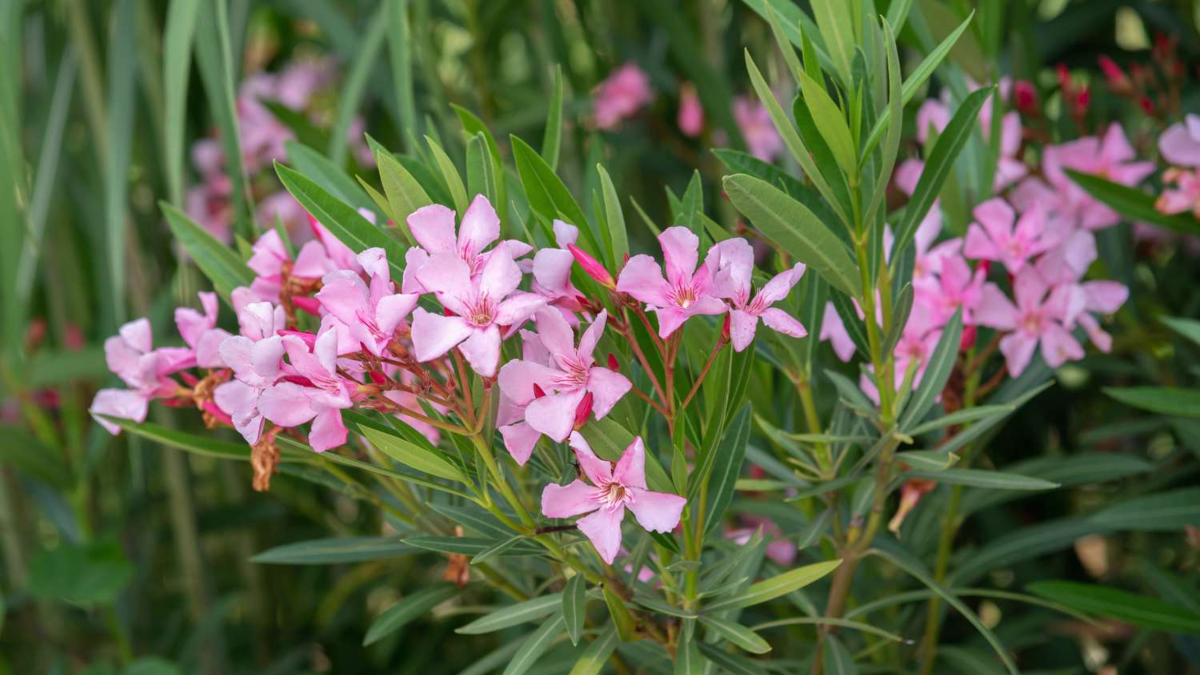Authorities in Abu Dhabi have officially banned the production, cultivation, and trading of oleander plants, citing health concerns. The Abu Dhabi Agriculture and Food Safety Authority (ADAFSA) announced that the measure is aimed at protecting the public, especially children and pets, from the risks of poisoning associated with the toxic plant.
Oleander, commonly found in rocky valleys and often planted along roadsides, contains harmful toxins in all its parts—leaves, stems, flowers, and seeds—that can cause serious health issues. Ingesting even a small amount can result in symptoms such as nausea, vomiting, diarrhea, and irregular heartbeat, and in severe cases, it can be fatal.
“Banning the cultivation of poisonous oleander is a proactive measure to safeguard the health of our community,” said Mouza Suhail Al Muhairi, Deputy Director General for Regulatory and Administrative Affairs at ADAFSA. “Removing it from urban areas will help protect both people and animals.”
The ban aligns with local and federal laws, and ADAFSA has urged residents and businesses to comply by safely disposing of oleander plants and reporting violations. The authority has given a six-month deadline for the removal of the plant, in accordance with Resolution No. (4) of 2024.
ADAFSA also advised against touching or consuming unknown plants, urging the public to contact the Poison and Drug Information Services (PDIS) hotline at 800424 in case of exposure.






